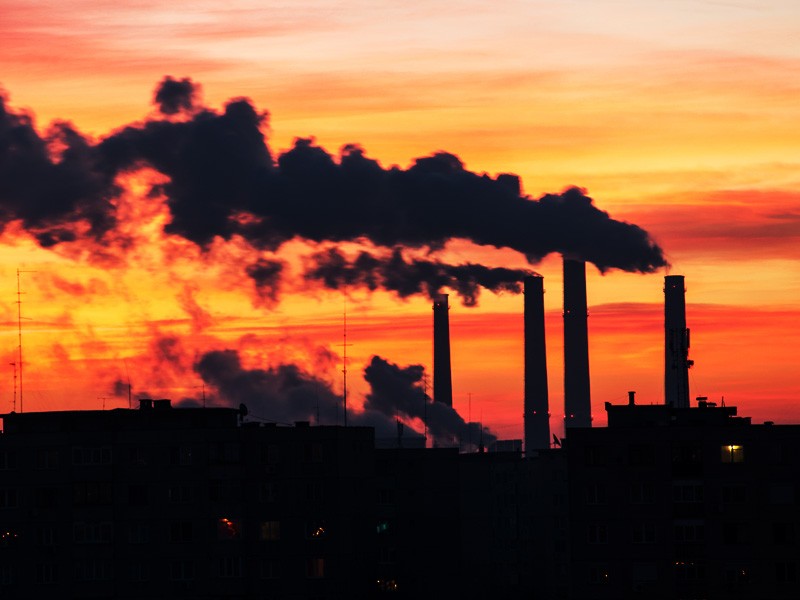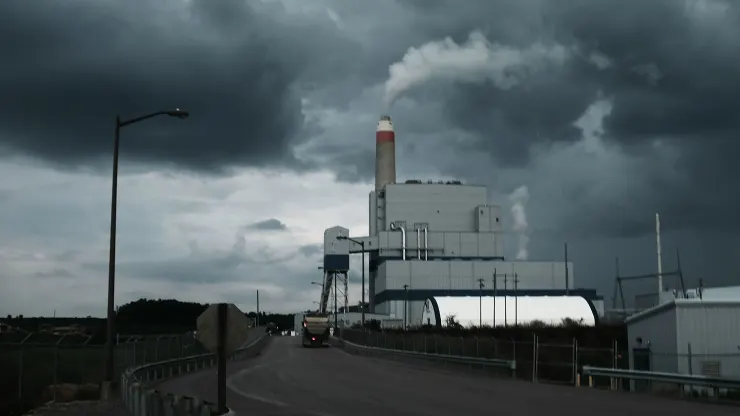Hits: 0

WPCNR WASHINGTON LAW JOURNAL. By John F. Bailey. June 30, 2022:
The Supreme Court Tuesday ruled to uphold the Trump Administration ruling to raise levels of carbon dioxide emissions from the lower standards, the Environmental Protection Agency had created in 2015 as part of the Clean Air Act to lower the climate warming, ozone destroying carbon emissions levels power plants could emit as future targets. The vote was 6 to 3, all Conservative Justices voting approval, the Associated Press and Yahoo News reported.
The Supreme Court limited the Environmental Protection Agency’s ability to regulate carbon dioxide emissions from power plants in a 6-3 ruling handed down Tuesday that will have far-reaching implications on the federal government’s ability to fight climate change. It is probably the last of decisions announced by the court until they resume their work in September.

In West Virginia v. EPA the court decided the EPA in the Trump administration did not violate the Clean Air Act raising permitted limits on carbon emissions from power plants.
The Justices in an ancillary observation in the decision that the EPA did not have the power to dictate what the power industry must do (or manuafacturers, for that matter) must do to move from fossil fuels to clean energy (from wind, solar, water generated electricity).
The reasoning as described in initial Associated Press and Yahoo News reports, is the head of the EPA is a political employee so therefore, the EPA does not have the authority to do regulate conditions in states under the Clean Air Act. The upshot of that significant commentary in this decision is unclear at this time, but the most obvious is states, or congress would have to make laws proscribing clean air policies from now on.
